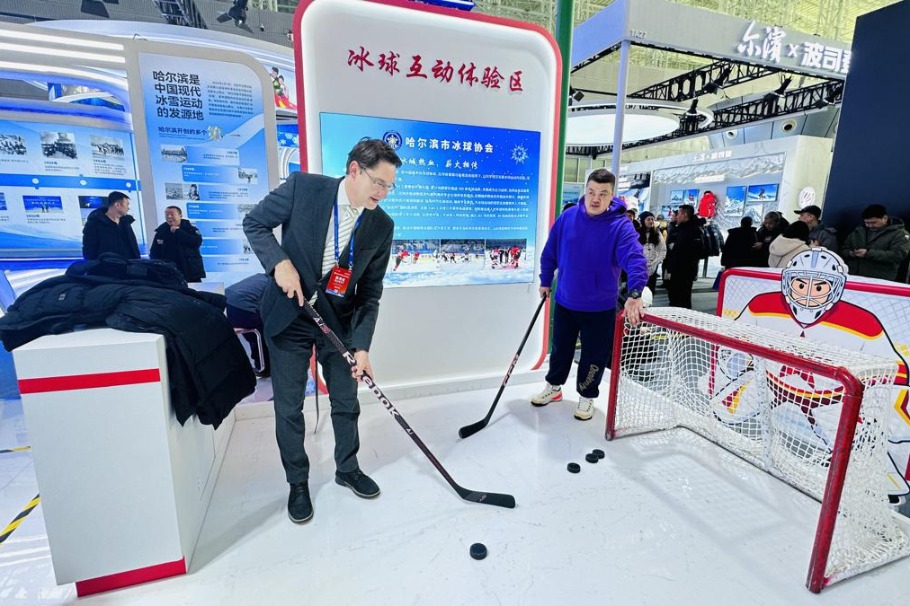Signing lawyer helps voiceless


Although his parents wanted him to live outside the deaf community and refused to teach him sign language, his grandmother insisted that he must learn how to communicate with his parents.
He said that when he was 4 years old he sneaked into his parents' metal processing workshop, which specialized in employing deaf people, and began to practice sign language with the workers.
China has many forms of sign language. While there is the standard Chinese Sign Language, which is taught in schools for children with hearing problems and is used by most interpreters and instructors, in reality there are many "dialects" that have developed over time and vary widely from region to region.
"This has caused a lot of language barriers in China," Tang said. "It's like CSL interpreters speaking Mandarin while a deaf person speaks their hometown dialect."
To pick up colloquialisms from other places, he used to visit popular tourist sites on weekends to talk with deaf tourists. "I'm quick at picking up different signs. I seem to have a talent for it," he said.
He first began putting that talent to use in 2006, when he was hired as part-time sign language interpreter by the city's Jiulongpo district public security bureau.
Over the following six years, Tang saw many deaf people misrepresented in courtrooms due to language barriers, and he strongly felt that he needed to defend the community.
"I participated in over 1,000 cases involving people with hearing problems. Yet I didn't meet one sign language lawyer," he said.
He recalled a case in which a young deaf woman was accused of stealing an iPhone. The indictment showed that the suspect had pleaded guilty, but after reviewing footage of the police interrogation, Tang discovered that she had actually told the interpreter she was innocent.
As most interpreters only know CSL, they can often make mistakes - sometimes critical ones - when translating a naturally developed signing system, he said.
"Sign language interpreters also lack solid legal knowledge, which is another major problem," he said. "They cannot convey the legal terms correctly and completely to deaf people."
After studying law at Southwest University of Political Science and Law, in Chongqing, Tang became a lawyer in 2012. Since then, he has used his expertise to promote legal awareness among deaf people.
One-third of his cases now involve clients with hearing problems, and he charges them far below market price. Recently, he set up a public WeChat account to provide legal advice via video chat. A two-hour session costs less than 40 yuan ($6).
Last year, Tang hired five college graduates with hearing disabilities in the hope of training them as legal professionals to serve their community. They are now preparing to take the national law exam in October.
Tang also has his sights set on another personal landmark: becoming China's first sign language judge.
"I'm planning on getting a master's degree," he said. "I want to play a bigger role in bringing justice to the voiceless people."
- Beijing mandates helmets for e-bike users, bans scooters
- Judicial guideline streamlines maritime dispute resolution nationwide
- China rolls out festive campaign to boost sustainable agricultural consumption
- China set to establish early pregnancy clinics across 10k hospitals
- Cold front coats Guizhou mountains in rime
- Two dead after unauthorized crossing of Aoshan Mountain





































